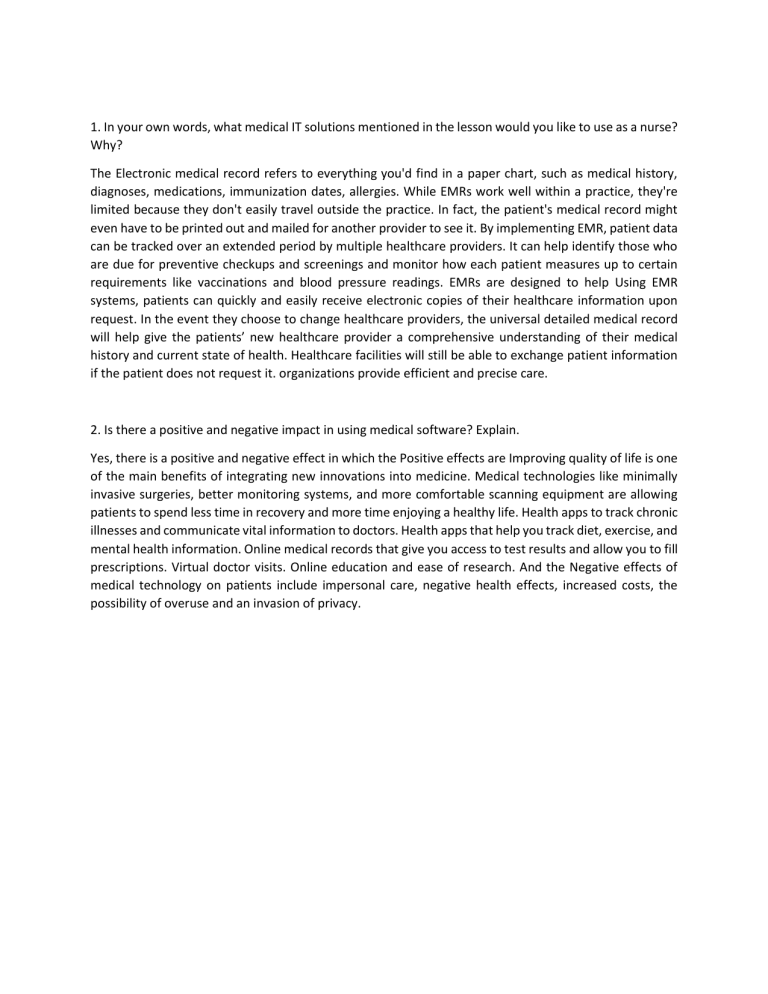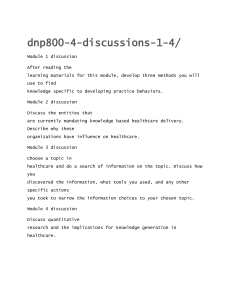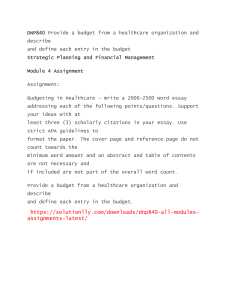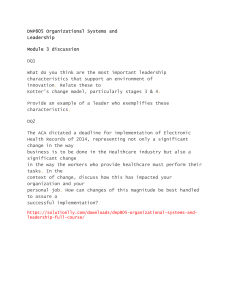
1. In your own words, what medical IT solutions mentioned in the lesson would you like to use as a nurse? Why? The Electronic medical record refers to everything you'd find in a paper chart, such as medical history, diagnoses, medications, immunization dates, allergies. While EMRs work well within a practice, they're limited because they don't easily travel outside the practice. In fact, the patient's medical record might even have to be printed out and mailed for another provider to see it. By implementing EMR, patient data can be tracked over an extended period by multiple healthcare providers. It can help identify those who are due for preventive checkups and screenings and monitor how each patient measures up to certain requirements like vaccinations and blood pressure readings. EMRs are designed to help Using EMR systems, patients can quickly and easily receive electronic copies of their healthcare information upon request. In the event they choose to change healthcare providers, the universal detailed medical record will help give the patients’ new healthcare provider a comprehensive understanding of their medical history and current state of health. Healthcare facilities will still be able to exchange patient information if the patient does not request it. organizations provide efficient and precise care. 2. Is there a positive and negative impact in using medical software? Explain. Yes, there is a positive and negative effect in which the Positive effects are Improving quality of life is one of the main benefits of integrating new innovations into medicine. Medical technologies like minimally invasive surgeries, better monitoring systems, and more comfortable scanning equipment are allowing patients to spend less time in recovery and more time enjoying a healthy life. Health apps to track chronic illnesses and communicate vital information to doctors. Health apps that help you track diet, exercise, and mental health information. Online medical records that give you access to test results and allow you to fill prescriptions. Virtual doctor visits. Online education and ease of research. And the Negative effects of medical technology on patients include impersonal care, negative health effects, increased costs, the possibility of overuse and an invasion of privacy.






